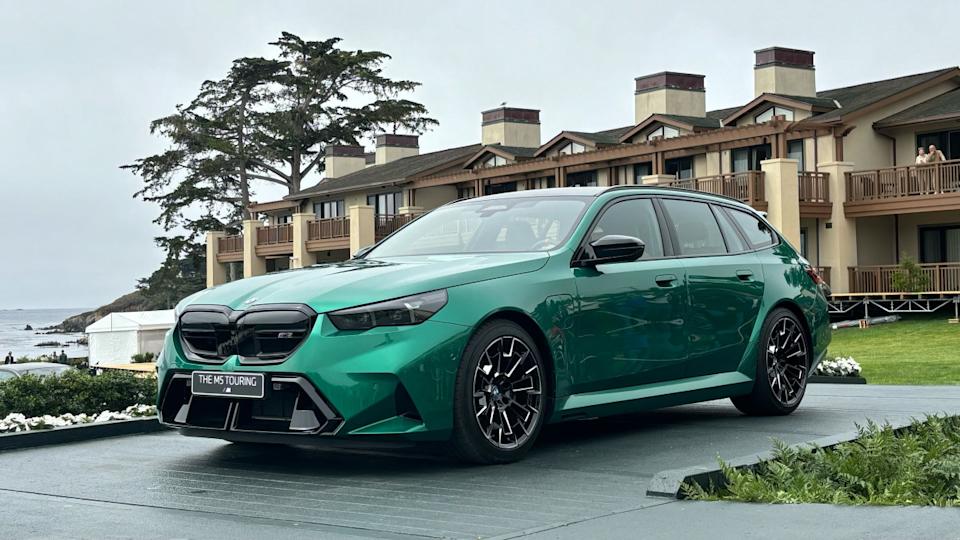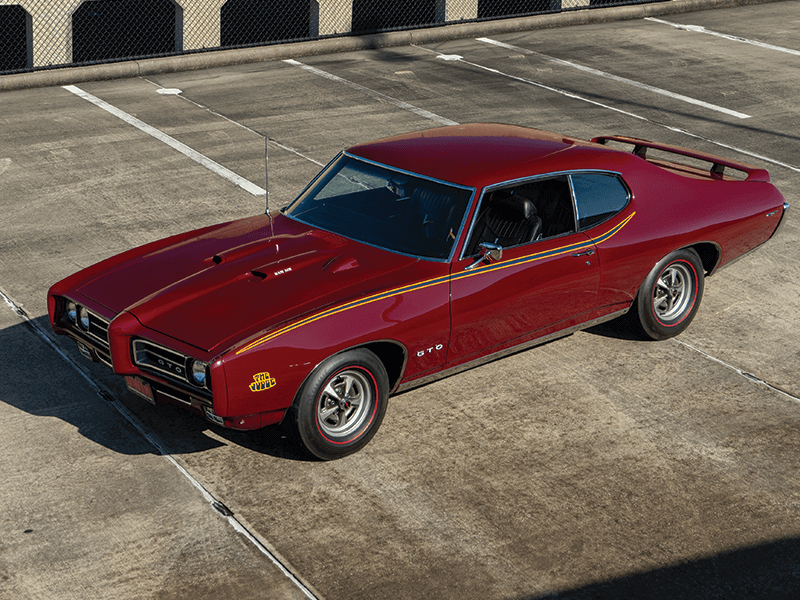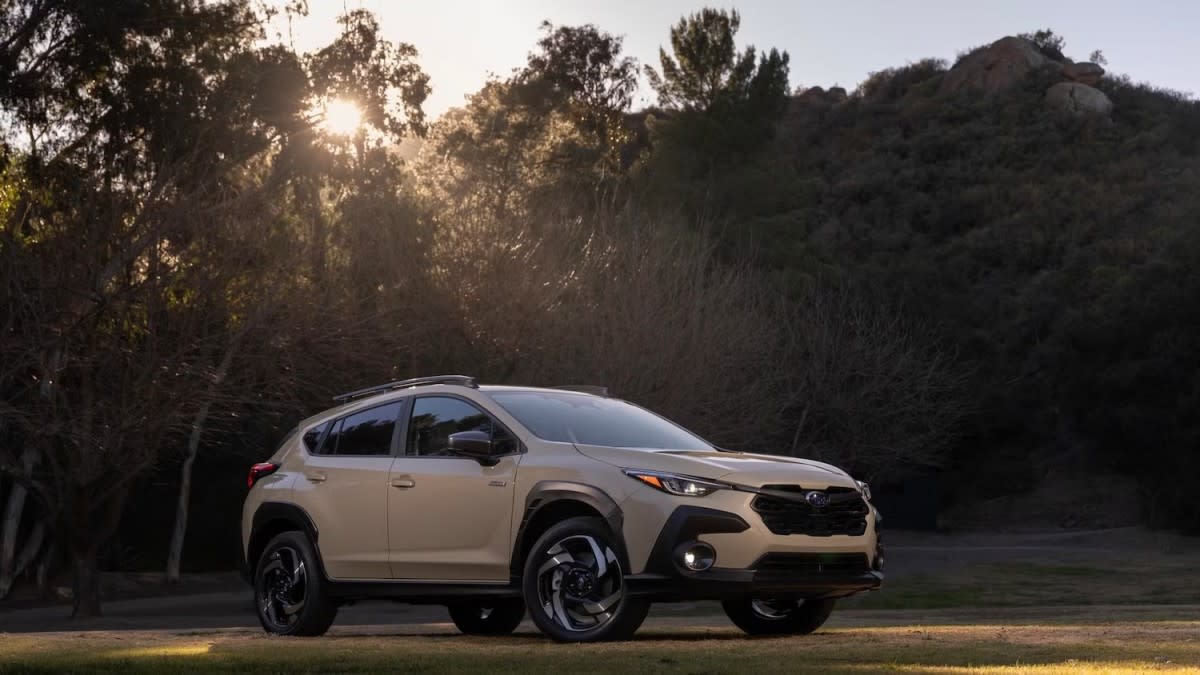
New Emissions Regulations Won't Strangle BMW M Engines originally appeared on Autoblog.
Twin-Turbo V8 And Straight-Six To Survive
When the G90 BMW M5 arrived with a similar hybrid powertrain to the XM SUV but a lower output from the same 4.4-liter twin-turbo V8, some fans of the brand wondered if the automaker was preparing to rely more on electric motors, producing less power from the internal combustion engine in order to meet emissions regulations. But according to Autocar, the S58 found in the M2, M3, and M4, as well as the S63 in the M5, X6 M, and others, will suffer no loss in performance, even when Euro 7 emissions rules come into effect. Considering that these new regulations include more stringent requirements that include measuring brake and tire emissions, this is impressive.
BMW M boss Frank van Meel said that "the challenge was not so much to make an engine that is EU7 compliant," but to "keep performance." Look at the 992.2 GT3, which needed several upgrades and filters to meet European emissions regulations and lost torque in the process. With turbocharged engines, BMW has more freedom, but there are still big hurdles to overcome.
Lambda One Is The Target
 BMW
BMWView the 4 images of this gallery on the original article
Put simply, lambda (λ) is the ratio of measured air and fuel to stoichiometry (which is essentially a calculation of products and reactants in a chemical reaction, like the exhaust gas products of combustion), where a value of more than 1 indicates a lean mixture and a value of less than 1 indicates a rich one. If an engine burns fuel at λ = 1.0, that means optimal combustion - neither too rich nor too lean. The problem automakers face is that fuel is typically used to manage temperatures, and burning more fuel with a rich mixture helps avoid excess pressure, potential warping, and predetonation.
"The combustion process has to be improved in regards to heat build-up and also the cooling; those are the challenges. Of course, you can [reduce] performance to avoid this temperature increase, but you don't want to - that's where we started. The new balance of performance is that we drive lambda one, but we don't want to lose performance."- Frank van Meel, BMW M CEO
Van Meel would not be drawn on the "very interesting" tweaks in mind, only saying that six- and eight-cylinder engines are important to the brand heritage: "The six-cylinder inline engine is our legacy, and the V8 has got a long history in racing, so we intend to keep going." So how might BMW meet its targets?
Supercar Engine Tech And Flax Fibers Reduce CO2
 James Riswick/Autoblog
James Riswick/AutoblogView the 3 images of this gallery on the original article
A report from Auto Motor und Sport in August last year was mostly passed over by media outlets, but could hold the key to cleaner combustion. Like Maserati, Porsche, and Ferrari, BMW has patented an engine with a pre-chamber ignition system. These systems squirt a small amount of fuel into the cylinder head, where a small spark plug detonates the atomized fuel. This burn creates high-pressure jets of flame that are shot at the conventional combustion chamber, where the traditional injector above the piston injects less fuel than it normally would. This fuel now burns more quickly and more thoroughly, keeping heat in the traditional combustion chamber down, minimizing carbon emissions and deposits, and reducing overall fuel consumption.
BMW has even experimented with water injection as a means of unlocking performance from the S55 in the F82 M4 GTS while meeting the regulations of the time, but when asked if the M division would ever consider downsizing to three- or four-cylinder engines with increased electrification, van Meel's response was a simple "No," adding that he "couldn't imagine putting a four-cylinder in an M5" in a not-so-subtle dig at Mercedes-AMG's slow-selling C 63. Instead, expect BMW to experiment further with green technologies. Neue Klasse vehicles will feature parts made from recycled fishing nets and ropes, and the M variants will swap carbon composites (which are, obviously, carbon-intensive) for flax fiber replacements. In a nutshell, BMW will do whatever it takes to keep combustion alive, especially for M products.
Related: BMW Leaves Mercedes in the Dust in 2025 U.S. Sales
New Emissions Regulations Won't Strangle BMW M Engines first appeared on Autoblog on Jul 22, 2025
This story was originally reported by Autoblog on Jul 22, 2025, where it first appeared.













